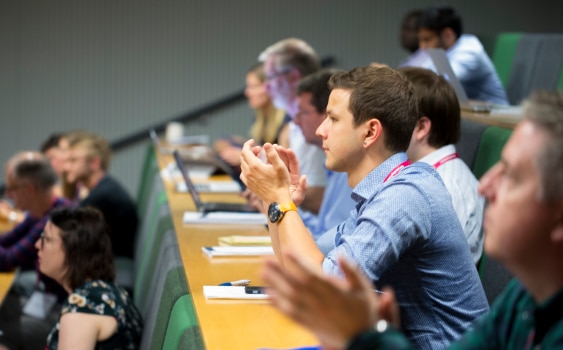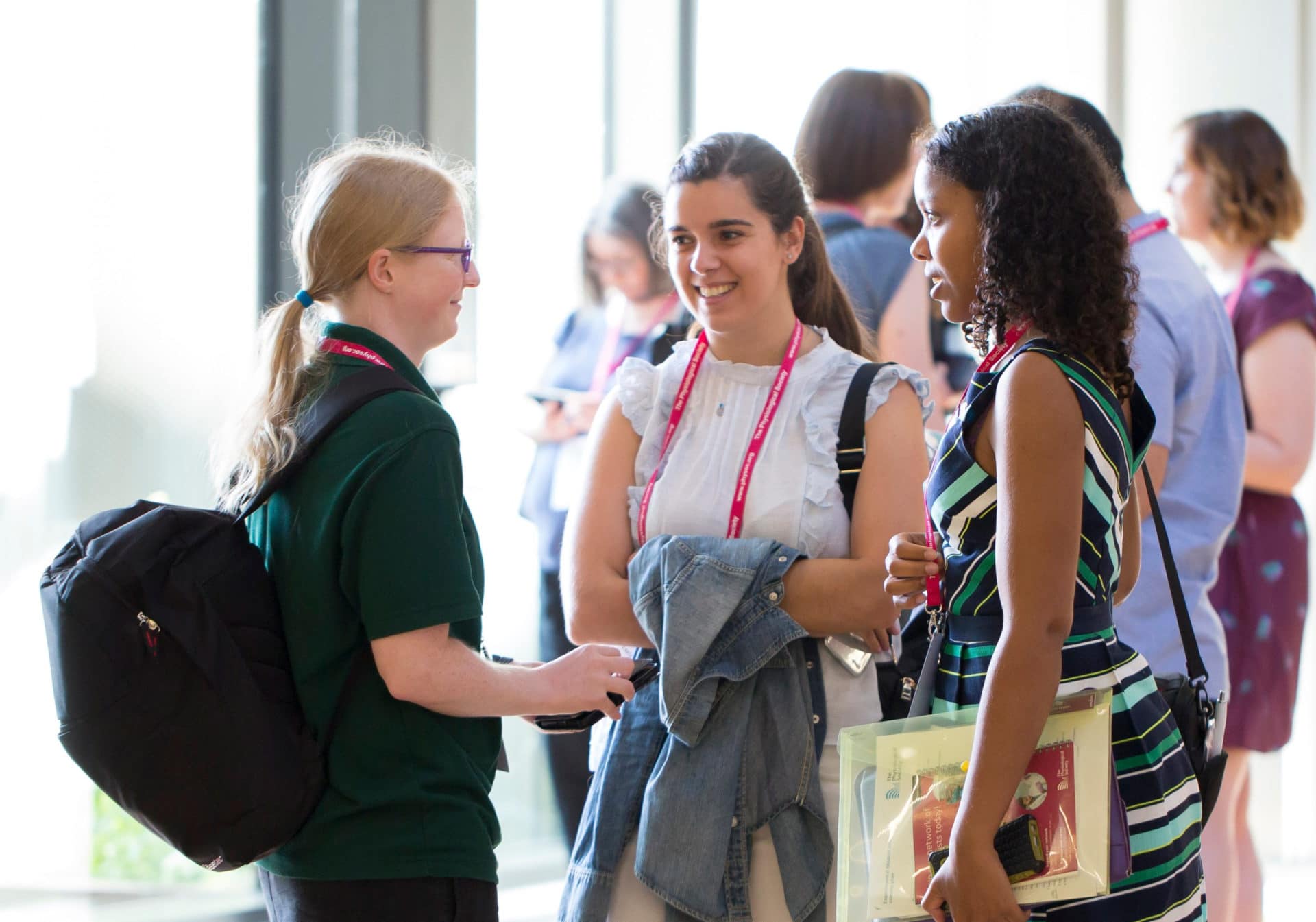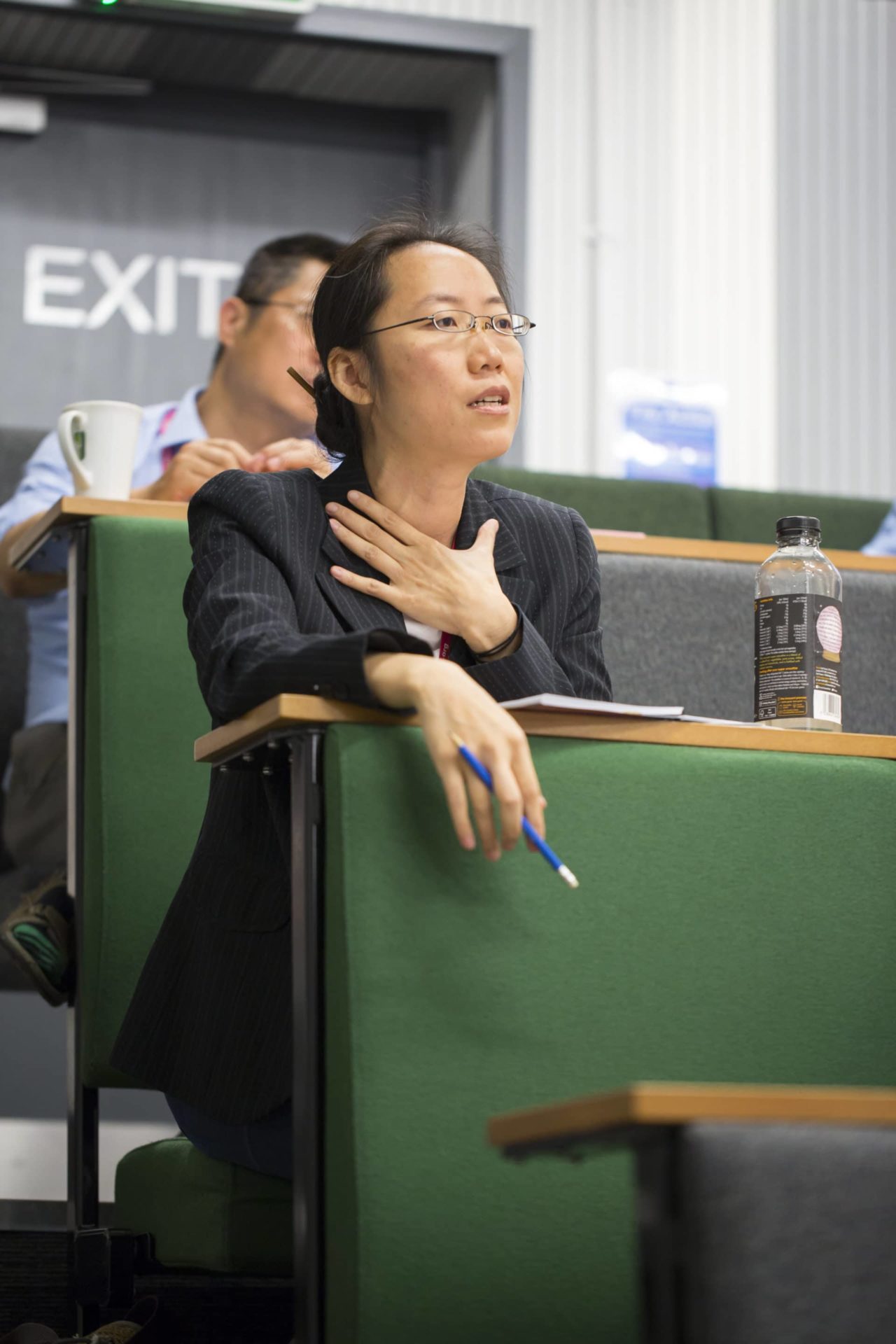By Yvoni Kyriakidou, University of Westminster
As an early career researcher, presenting part of my PhD at Europhysiology 2018 will not only provide me with an opportunity to share my research, but it will also help me meet people in related fields to exchange information and expand my network. As this meeting will bring together some of the biggest physiological societies in Europe, I look forward to discussing work from many other institutions across the world. I hope to gain critical feedback on my work from the experts.

I am currently a Doctoral Researcher in Bradley Elliott’s team, who is the leader of the Translational Physiology Research Group at the University of Westminster, London. I am studying the physiological pathways that lead to decreased performance and how these can be affected or induced by performing specific exercise protocols. My research also explores how ageing affects muscle function, human performance and health. Furthermore, I am investigating the impact of different nutritional strategies on offsetting this.

This well-established conference is also an opportunity to learn more about the latest techniques and developments in the field of exercise physiology. I can also develop science communication strategies with other experts who also want to increase the impact of our research and inform the general public. Finally, at this interdisciplinary event, I will learn about different career pathways.
Europhysiology 2018 will provide me with extra motivation to gain deeper knowledge for and beyond my PhD journey.
By Pardeep Pabla, University of Nottingham
Europhysiology 2018 will be the biggest joint-society meeting that I have attended so far. As a young scientist, I always look forward to seeing the biggest names in our field present high quality science. It helps to put into perspective exactly what it takes to have a career in science, but it also serves as a timely reminder of how rewarding such a career can be.

The coming together of experienced and enthusiastic academics with young, and equally enthusiastic, early career scientists alwaysprovides excellent opportunities to network, share ideas and gain new insights into each other’s work.
When possible, I try to steal a few moments of time from some of the more senior researchers and have found them very forthcoming with their advice and knowledge. I find that these moments help renew the excitement and enthusiasm I have for my research, qualities I believe are essential to longevity and success in an academic career.
I also greatly appreciate (and am guilty of taking for granted in the past) just how many opportunities these societies provide for early career researchers to showcase their work, and to witness new and emerging methodologies in physiology.
Having been a member of The Physiological Society for some time now, I can gladly say that I have made some friends along the way whom I look forward to catching up with at Europhysiology 2018. It is great to share stories from the lab and we always find some comfort in knowing that others share the same day-to-day challenges; the empathy that only fellow researchers can provide is warmly welcomed. A great thing about networking and talking to others is the realisation that our work utilises an extremely broad range of techniques and methodologies. Consequently, the wider impact of our work is astounding.
From a personal point of view, I am looking forward to the atmosphere of a big meeting. There is often a sense of excitement around these meetings, balanced with a welcoming and relaxed vibe.
